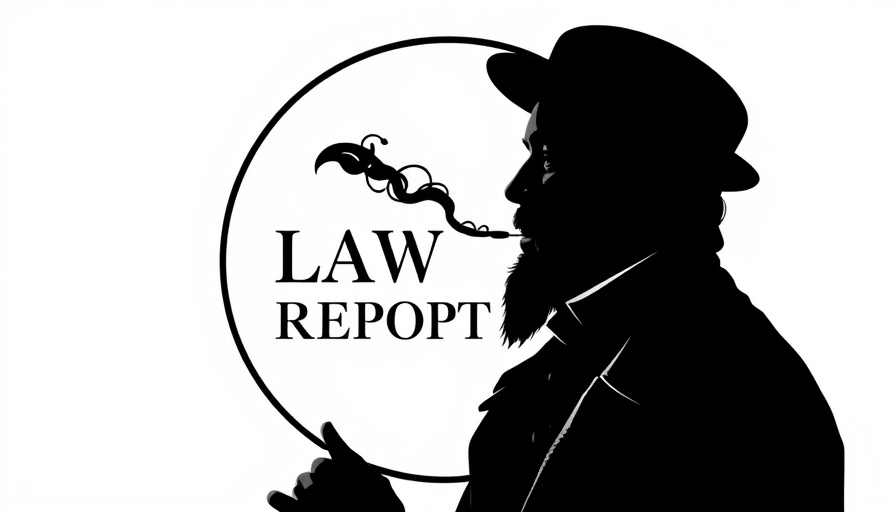
Unpacking Missouri's Cannabis Contract Controversy
The state of Missouri's budding cannabis industry is facing scrutiny over a series of revoked licenses tied to contracts deemed predatory by regulatory officials. At the center of this controversy is attorney Eric Walter, who has been instrumental in both drafting essential cannabis legislation and representing a significant segment of the state's cannabis licensees. These developments raise critical questions about inclusivity and fairness within the state's microbusiness licensing program.
Background of the Microbusiness Program
Launched following the legalization of marijuana in Missouri in 2022, the microbusiness program was designed to empower marginalized communities, specifically targeting individuals with low incomes or those previously affected by marijuana laws. Designed to address issues of accessibility in the cannabis industry, the initiative aimed to create opportunities for those often left out of such new markets.
Revolutionary Intent Meets Controversial Execution
Though created with noble intent, the program has been riddled with challenges. According to reviews by legal experts, many contracts linked to revoked licenses indicate that applicants signed agreements that undermined their ownership and control over their businesses. Reports suggest that rather than helping disadvantaged individuals, these contracts have been exploited by well-connected investors and operators, facilitating a system that allows control to shift away from eligible owners, effectively subverting the spirit of the constitutional amendment that established the program.
The Role of Contracts in License Revocations
Out of the 96 microbusiness licenses issued, over 40 have faced revocation or risk thereof, primarily due to contractual agreements that violate the mandated ownership structure. Missouri officials are attempting to tackle these issues by refining regulations, which include a mandate that any designated contact must be a majority owner actively involved in the business operations. This intervention is crucial for restoring faith in a system designed to promote equity within the cannabis market.
Accountability and New Regulations: A Step Forward?
In response to the widespread allegations of predatory practices, Missouri’s cannabis regulators are introducing comprehensive reforms. These proactive measures, including stricter guidelines on ownership verification and accountability across licensees, aim to tighten oversight and prevent individuals with a history of non-compliance from obtaining future licenses. As stated by Amy Moore, director of the Missouri Division of Cannabis Regulation, a priority remains ensuring that the licenses serve the intended demographic effectively without falling prey to exploitation.
The Impact of Predatory Practices on Communities
The consequences of these predatory agreements resonate deeply, as they threaten not only the business aspirations of individuals but also the potential for long-term economic growth in historically marginalized communities. Advocates, including leaders from the NAACP, underscore the importance of ensuring that benefits from the cannabis market reach those who are rightfully entitled to them—namely, those affected by the war on drugs. The fear is that, without stringent oversight and enforcement, the dreams of economic revitalization for these communities may simply be a façade.
Looking Ahead: Ensuring Equity in Cannabis
The road forward for Missouri's cannabis industry is fraught with obstacles, yet it also presents an opportunity for reflection and growth. Strengthening the rules surrounding cannabis business ownership is crucial for genuinely achieving equitable access. Advocates and regulators alike must work together to ensure that the original goals of the microbusiness program can still be realized: empowering those historically disenfranchised by cannabis legislation.
As this situation unfolds, it is imperative for everyone involved—from policymakers to community members—to remain vigilant and engaged in scrutinizing these contracts and reforms. In doing so, Missouri can navigate towards a more inclusive cannabis industry—one that honors its commitment to equity and justice.
 Add Row
Add Row  Add
Add 




Write A Comment